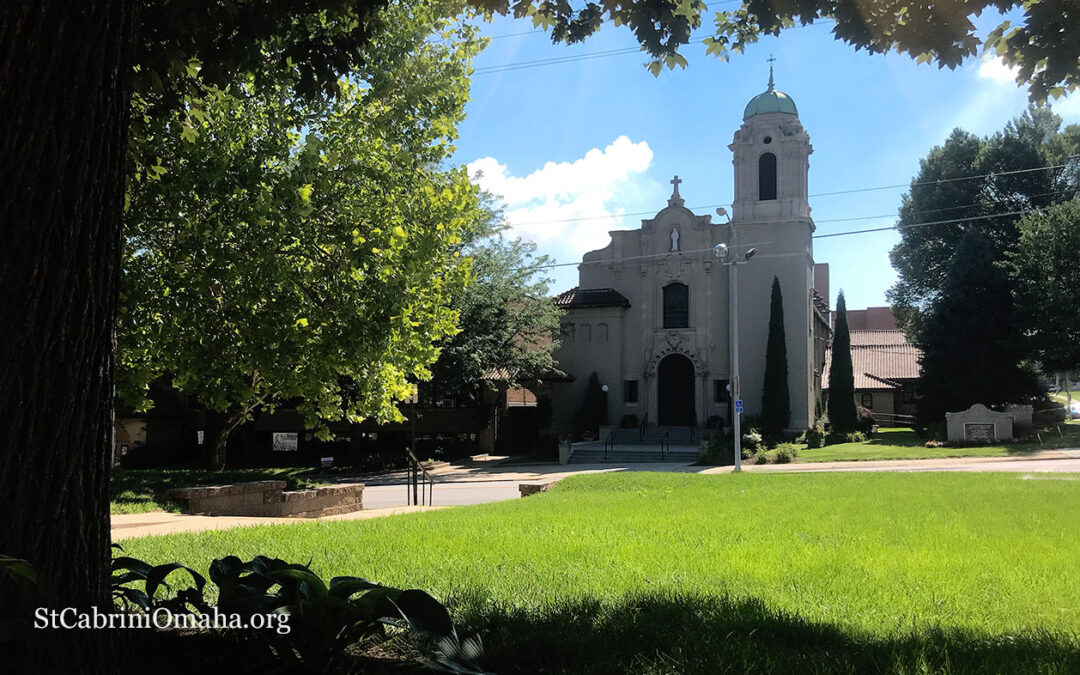Dear Friends,
Over the past thirty years, we have seen report after report describe the loss of religious faith among people in the United States. Reports continue to proclaim the increase in the number of “nones”, those who have no religious affiliation. That steady drumbeat may have encouraged people to stop attending church because they believed everyone else had done the same. Afterall, that is what the story reported. However, a 2022 study out of Baylor University by Levin, et al, invites all of us to slow down the predictions of the end of church and religion.
Some of what they conclude is that there are simple methodological problems with prior studies on obtaining good data on those who are no longer members of a church. Let me offer you some of their important points:
“many nominally religious individuals appear to be dropping their weak identification with religion. In this case, the only thing that may have truly changed with these individuals is their answers to survey questions, not necessarily their religious practices or beliefs. Schnabel and Bock recently showed that ‘intense religion . . . is persistent and, in fact, only moderate religion is on the decline in the
United States.’ More specifically, their findings suggest that strong affiliation, praying multiple times a day, attending religious services multiple times a week, believing that the Bible is the literal word of God, and evangelical affiliation have remained quite stable since 1990. Even though the proportion of unaffiliated individuals has clearly increased, their findings suggest that this is primarily if not exclusively the result of declines in religiosity among those who were only moderately religious. The practices and beliefs of the intensely religious may not be declining at all.”
“another problem is that nones are often conflated with being not religious. For example, when respondents to the Baylor Religion Survey were asked about their religious affiliation, some who claimed no religion subsequently provided the name of a denomination, congregation, or both later in the survey. In addition, many unaffiliated individuals or nones do not consider themselves atheists; instead, they tend to be agnostics, deists, seekers, and skeptics. Therefore, it may not be accurate or appropriate to assume that they are not religious since there are many ways of being both religious and nonreligious, and multiple facets of religious life (e.g., organizational involvement, private religiosity, religious beliefs, spirituality, etc.) should be considered. There are numerous categories of individuals who report ‘not religious’ on surveys (e.g., atheists, agnostics, unchurched believers, etc.), and each displays distinct profiles of religious participation and social attitudes.” To make that point more clearly let me give you some interesting data: “6.4% of self-described atheists and 27.2% of agnostics attended religious services monthly or more; 12.8% and 58.1% respectively prayed at least once a week; 19.2% and 75% believed in life after death; and 7.3% and 23.3% reported having a religious experience.”
Finally, here is part of their conclusion: “many people are not necessarily leaving religion behind; some are simply voting with their feet as they have done throughout history. Some are changing their proverbial ‘religious channel’ and perhaps cutting their ‘church cord,’ much like there is a declining share of network (and now cable) TV viewers even though individuals are still plugged into something. If a decline in religiosity is indeed occurring, it may not be due to secularization as theorists understand the concept, but may indeed be due to a secularization of the cultural zeitgeist. While formal institutional religion seems to be less and less the arbiter of cultural mores and norms and of accepted morality, this may not necessarily be a function of identifiable disengagement from religious and spiritual participation. Rather, perhaps it is more of an indicator that the societal opinion leaders and cultural elites (at least those who still attend church or synagogue) go to congregations that have
cast aside traditional values and modes of worship and have succumbed to the mainstream, mass-approved spirit of the times.”
Our community at Cabrini remains healthy and alive with amazing faith being shown all the time. God’s Spirit is still at work among those who choose to be open to God’s grace.
Peace,
Fr. Damian



